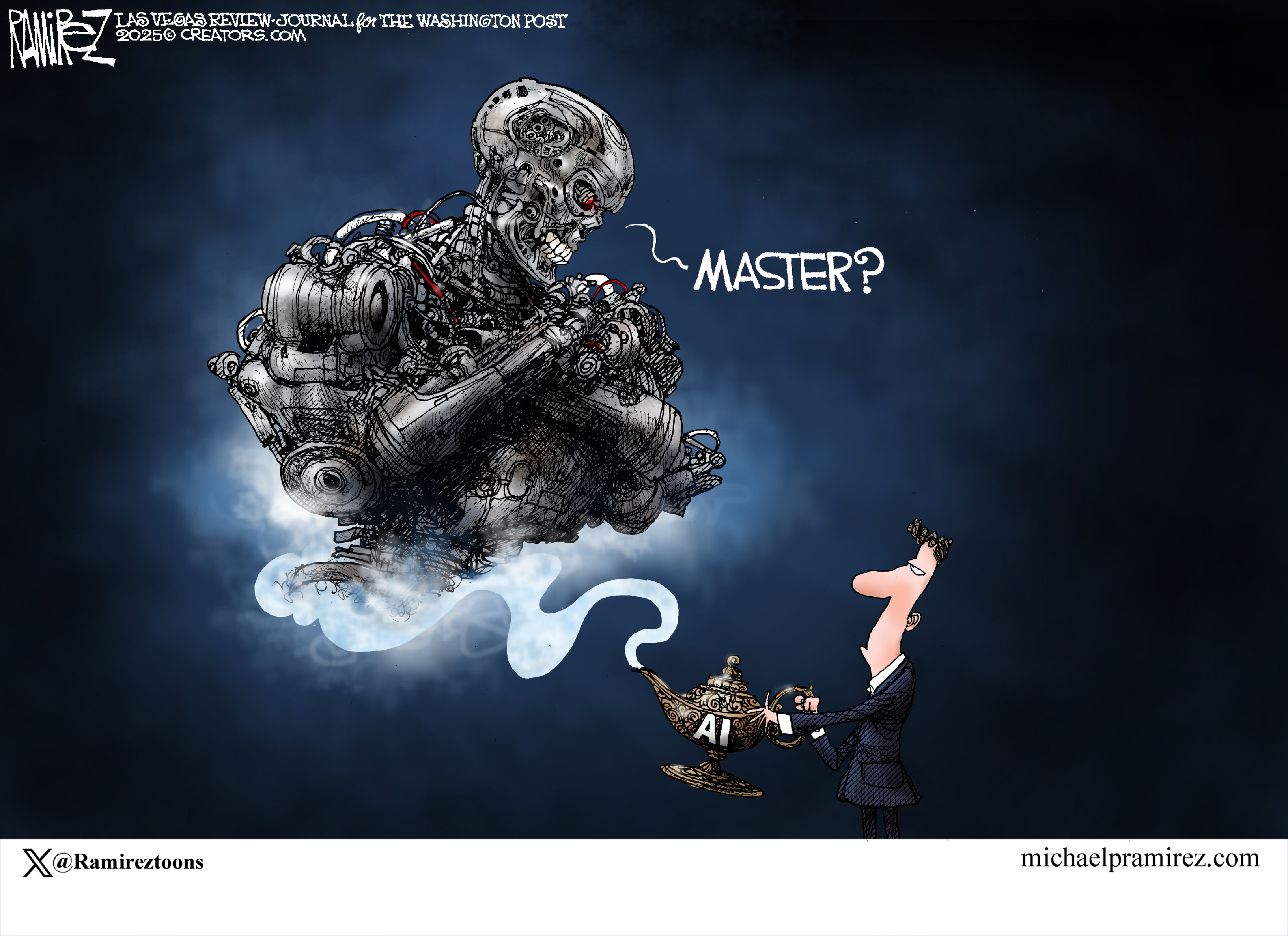The solution to America's health-care problem is obvious: Medicare. For. All.
It would be expensive. But it would work.


There is real momentum on the American left toward moving to a single-payer, Medicare-for-all health-care system. With Republicans busy trying to pass a spectacularly unpopular bill to strangle ObamaCare and grind Medicaid down to a tiny stump, simply expanding the most generous and functional part of the welfare state to everyone makes increasing political and practical sense as a bold counter-offer.
Medicare-for-all isn't going to be cheap. California has been considering such a plan recently, and the headline price is $400 billion, according to a state legislative analysis. By American standards, that's an expensive program even for the federal government.
But it can still work. While ideally single-payer would be passed at the federal level, California (and New York) are good candidates for a proof-of-concept test run. If done right, it would be a huge success, and it would place all other social programs on a much sounder footing.
Subscribe to The Week
Escape your echo chamber. Get the facts behind the news, plus analysis from multiple perspectives.

Sign up for The Week's Free Newsletters
From our morning news briefing to a weekly Good News Newsletter, get the best of The Week delivered directly to your inbox.
From our morning news briefing to a weekly Good News Newsletter, get the best of The Week delivered directly to your inbox.
Many conservatives and business press writers reacted with what amounted to an incredulous stare argument against the $400 billion figure — which, as they rightly pointed out, is indeed more than the entire state budget. California's government simply can't spend that much money, right?
Sure it can. First of all, the important thing to remember regarding the state budget is that California already spends about $200 billion on Medicaid and Medicare — it's just that those programs are administered at the federal level. Per the state analysis, employers also already spend an additional $100 billion to $150 billion, so the state would "only" have to find $50 billion to $100 billion in fresh revenue.
Still, that is a tremendous amount of money. But California is a big, rich state, with GDP of nearly $2.5 trillion. A price of $400 billion represents about 15 percent of their total economic output — far higher than the developed nation average, but actually 3 percentage points of GDP less than America as a whole. Contrary to the "really??" pseudo-arguments from conservatives, this could be done.
Single-payer would be quite a lot cheaper than $400 billion, too, if it weren't for America's preposterously expensive medical prices. Good thing that will change.
Remember, single-payer gives the government far greater leverage over prices than currently exists, through bargaining leverage or simple price controls. Kevin Drum asserts that "nobody serious" could believe that single-payer will reduce costs, but studies have found hundreds of billions in pure administrative waste in the American billing system. At the very least, it ought to be possible to cover nearly everyone using those administrative savings — and then with the government hooks firmly buried in the medical cost structure, start ratcheting down the overall prices until they are more in line with the rest of the world. All that has to be done is follow the path blazed by Canada or Australia.
Single-payer dramatically strengthens the rest of the social safety net. It would get rid of the patchwork of janky mandates and systems that provide for unemployed or disabled people. No more messing around with the obnoxious (and often unaffordable) COBRA or exchange plans. Then, with health care decoupled from employment, unemployment insurance, paid family and sick leave, and disability benefits would be correspondingly strengthened.
Finally, the proposed California program would be substantially more generous than extant Medicare. It would cover "inpatient, outpatient, emergency services, dental, vision, mental health, and nursing home care" without any premiums, deductibles, or co-pays. Medicare already has all three of those, in varying degrees based on income and tax-payment history. All told, while it would be a huge outlay, it's worth the money.
Now, actually putting such a system through would be tough. It's virtually guaranteed that the Trump administration would refuse to allow a blue state to mess around with its Medicaid/Medicare money at all, and they would have to worry about rich people skipping out of the state to avoid taxes, not to mention state prohibitions on borrowing money.
Surveys also show that some people are turned off of single-payer when they hear it means more taxes. I very strongly believe such sentiments are driven by an unreasonable skepticism about social insurance created by decades of duplicitous conservative agitprop. Europeans who visit America are rightly flabbergasted that citizens of the world's wealthiest large nation tolerate their countrymen having to scrounge for money online to pay medical bills. (Here's a guy who died because his insulin GoFundMe came up 50 bucks short.)
But here's the bottom line: The left must get behind single-payer, and trumpet it loudly. It's critically important for the left to maintain the courage of its convictions. It is not enough to be against the American Health Care Act, or to compromise for janky middle-of-the-road attempts at bipartisanship like ObamaCare. It's long past time that the Democratic Party stood for something big and bold.
The vast majority of people would come out financially ahead under even an absurdly generous single-payer system. Perhaps more important, truly guaranteed health care would mean relief from the constant nagging worry that job loss, or a change in coverage plan, or a sudden emergency landing you in an out-of-network hospital would lead to untreated illness or financial ruin. No more would illness mean taking up a second job trying to navigate the brain-melting complexity of a monstrous, wasteful billing system. Medicare-for-all would be a relief on so many levels that many Americans simply can't conceive of it. But if it were to pass, it would be immediately popular — and forevermore politically untouchable.
A free daily email with the biggest news stories of the day – and the best features from TheWeek.com
Ryan Cooper is a national correspondent at TheWeek.com. His work has appeared in the Washington Monthly, The New Republic, and the Washington Post.
-
 June 29 editorial cartoons
June 29 editorial cartoonsCartoons Sunday's political cartoons include the AI genie, Iran saving face, and bad language bombs
-
 A tall ship adventure in the Mediterranean
A tall ship adventure in the MediterraneanThe Week Recommends Sailing aboard this schooner and exploring Portugal, Spain and Monaco is a 'magical' experience
-
 How drone warfare works
How drone warfare worksThe Explainer From Ukraine to Iran, it has become clear that unmanned aircraft are rapidly revolutionising modern warfare
-
 The JFK files: the truth at last?
The JFK files: the truth at last?In The Spotlight More than 64,000 previously classified documents relating the 1963 assassination of John F. Kennedy have been released by the Trump administration
-
 'Seriously, not literally': how should the world take Donald Trump?
'Seriously, not literally': how should the world take Donald Trump?Today's big question White House rhetoric and reality look likely to become increasingly blurred
-
 Will Trump's 'madman' strategy pay off?
Will Trump's 'madman' strategy pay off?Today's Big Question Incoming US president likes to seem unpredictable but, this time round, world leaders could be wise to his playbook
-
 Democrats vs. Republicans: who are the billionaires backing?
Democrats vs. Republicans: who are the billionaires backing?The Explainer Younger tech titans join 'boys' club throwing money and support' behind President Trump, while older plutocrats quietly rebuke new administration
-
 US election: where things stand with one week to go
US election: where things stand with one week to goThe Explainer Harris' lead in the polls has been narrowing in Trump's favour, but her campaign remains 'cautiously optimistic'
-
 Is Trump okay?
Is Trump okay?Today's Big Question Former president's mental fitness and alleged cognitive decline firmly back in the spotlight after 'bizarre' town hall event
-
 The life and times of Kamala Harris
The life and times of Kamala HarrisThe Explainer The vice-president is narrowly leading the race to become the next US president. How did she get to where she is now?
-
 Will 'weirdly civil' VP debate move dial in US election?
Will 'weirdly civil' VP debate move dial in US election?Today's Big Question 'Diametrically opposed' candidates showed 'a lot of commonality' on some issues, but offered competing visions for America's future and democracy
